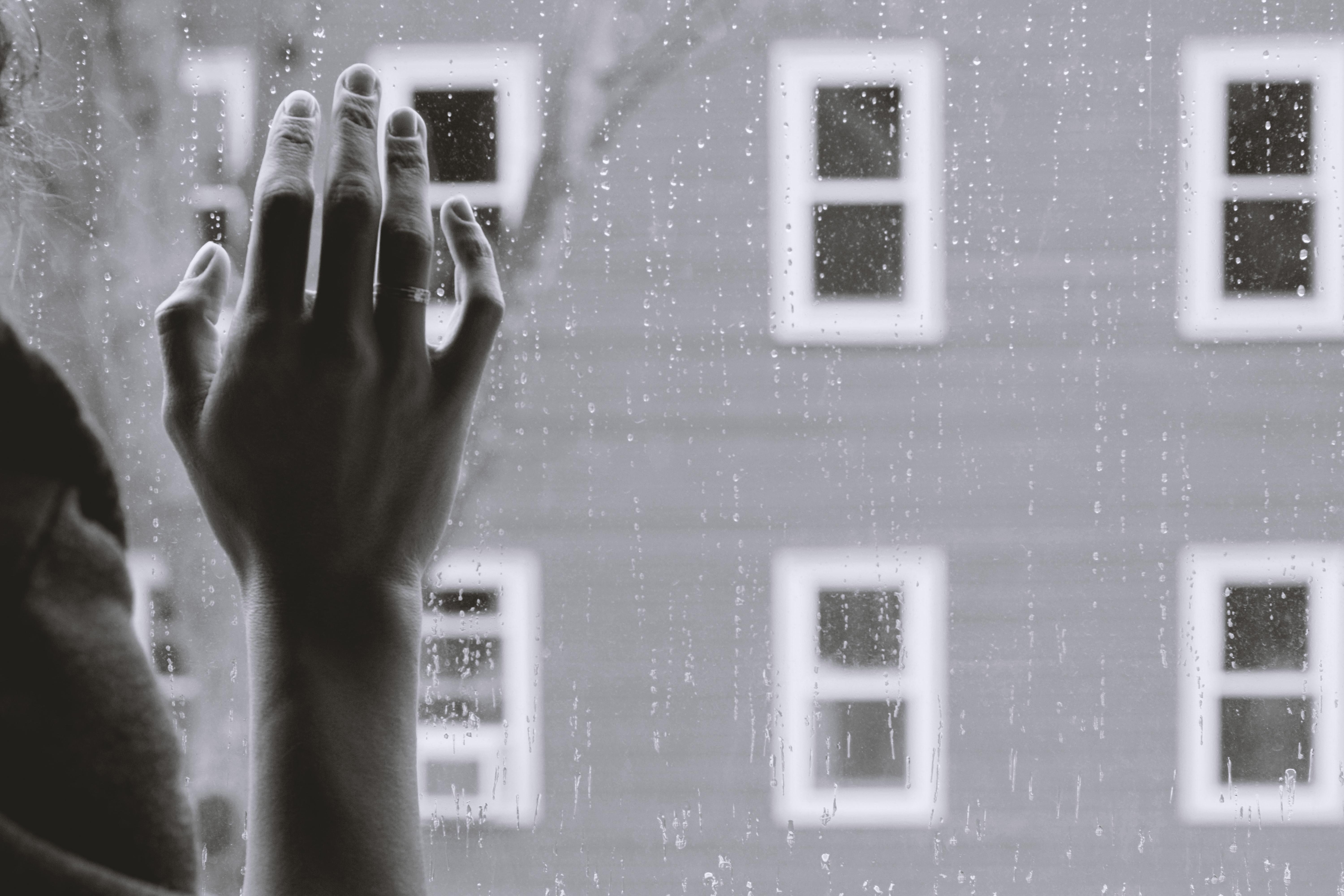Over the past couple of months, I spent a lot more time by myself than usual and I learned a few of things because of it.
Being alone is a physical state but being lonely is a very emotional state.
There are ways to spend time alone without being lonely.
And I think solitude can benefit us if we don’t allow ourselves to feel isolated.
I developed a hip injury 7 weeks ago that was very painful and severely limited my mobility, rendering me housebound. Aside from the pain, being so physically restricted was a very difficult adjustment since I couldn’t do my regular activities. As a freelance consultant, I spend much of the week in my home-office, so that didn’t change. But I couldn’t go to the gym like I normally do a few times a week, where I chat with other regulars and work out with a friend. I couldn’t do my usual grocery shop every couple of days, which allows me to interact with other shoppers and store staff. I couldn’t meet my friend at a coffee shop for our frequent chat ‘n chews or visit my parents to see how they’re doing. Thankfully I could still spend time with my husband but I was missing out on a lot of interactions I typically experience throughout the week. I didn’t realize how much these mattered to me until they were taken away.
Because of the forced isolation from my injury, I craved human connection. Although I’ve reduced the amount of time I spend on social media over the past 3 years, I found myself reaching for it quite a bit more. I hoped it would help me feel more connected but after a couple of weeks, I realized it didn’t. In fact, it made me feel even more cut off. I felt like my life was at a standstill and everyone else was busy moving forward. I knew I needed to find a better way to deal with my isolation so I tried 2 opposing strategies. I found better ways to connect with others and I also turned inward to better connect with myself.
Instead of using social media, I reached out to friends and family directly with phone calls and texts. It allowed us to have conversations so we could relate better and understand what each other was going through. It was much more satisfying and comforting than the random, fleeting interactions on social media. Then people came to visit—sometimes on their own initiative and other times at my request. Although I’m terrible at asking for help, I realized I had to get over it. Seeing them really brightened my days.
In addition to deepening my connection with others, I tried to do the same with myself. I’m not someone who journals, even though I know it has immense benefits. But I do meditate daily for 15 minutes which helps me tap into how I’m feeling. I realized that beyond being frustrated by my mobility issues, I also felt like a victim because of them. So, I decided to turn that around by doing things I don’t normally have time for—to find the silver lining, as they say. I began to read more books, which is a favourite pastime of mine that I don’t typically have enough time for. I also started colouring, which I’ve dabbled with a little before. Because it doesn’t require a lot of brain power, colouring allows me to process what’s going on in my head. It also has a creative element and I feel I’ve accomplished something when I complete a page. Who knew such a simple activity could yield so many benefits?
Like many challenges we face in life, this experience offered me an opportunity to learn and grow. As I slowly recover from my injury, I’m able to do a little more each week. I can hardly wait to be 100% and resume my usual activities! But, based on what I’ve learned, I’m going to make a few changes for the better, which I’ve outlined below.
Be wary of social media: Use it mindfully. Watch how much time you spend on it and pay close attention to how you feel. If it’s affecting you negatively, reduce how often and how long you use it, or stop using it altogether.
Foster real connections: Make an effort to spend time with friends and family in person. Phone or video calls can also work and are especially helpful for those who live elsewhere. Text is best for short, timely exchanges of information, such as making plans to get together.
Ask for help: It can be difficult to ask for and accept help. But most people genuinely like helping others—it feels good to be of service—and they’re not mind readers. So, give them the opportunity and one day you can do the same in return.
Originally published at LivingLessDistracted.com where you’ll find additional articles to help you thrive, personally and professionally.


